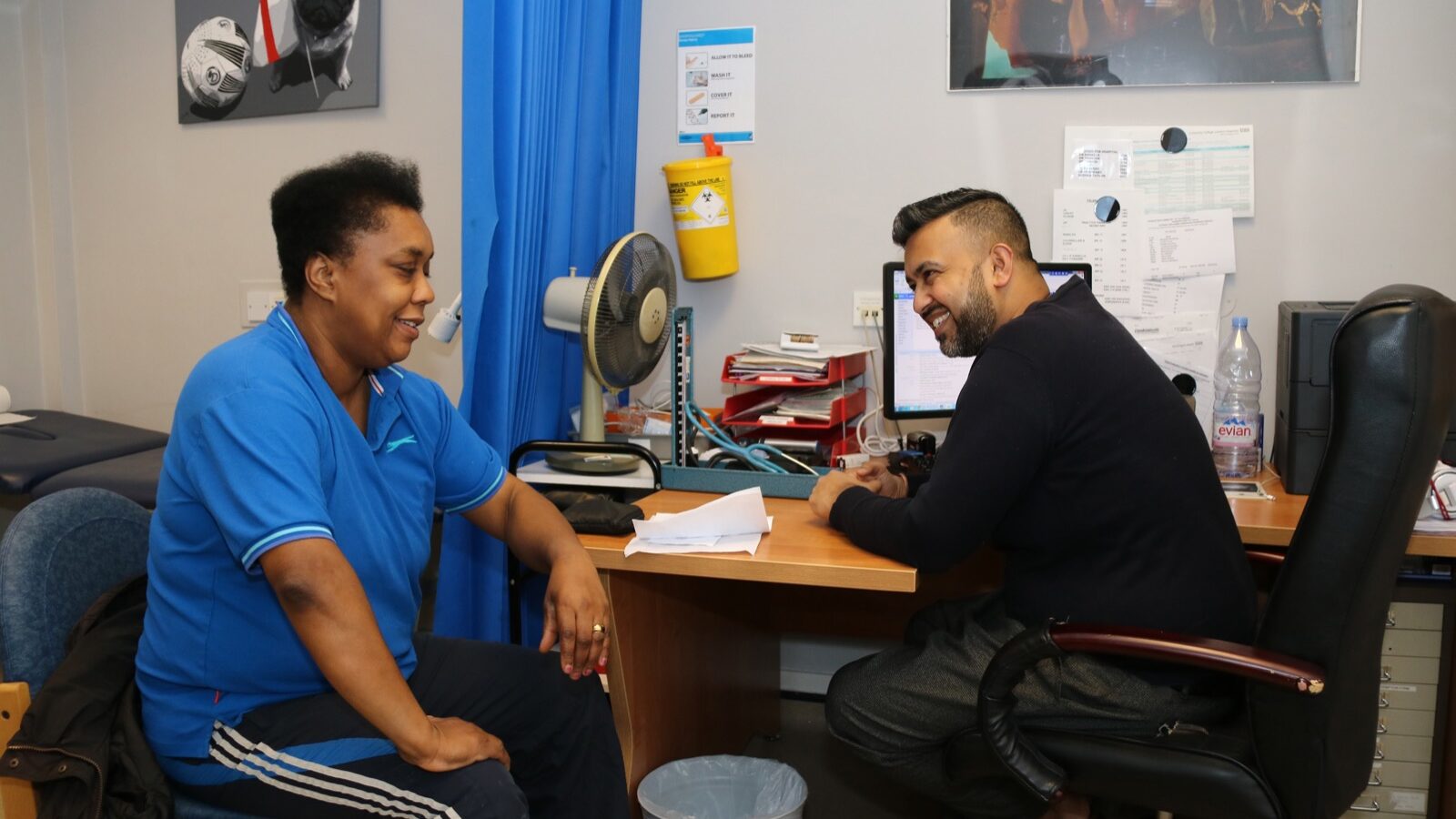If change for people with learning disabilities and their families is to happen, those who are directly impacted must be engaged in drawing up solutions. People who experience the difficulties and frustrations are best placed to guide plans to address inequalities.
Past white papers for people with a learning disability (such as 2001’s Valuing People white paper and its update, Valuing People Now (PDF), in 2009) could not be enforced.
We need a specific learning disability act that sets out enforceable policies to improve the lives of people with learning disabilities. This should be monitored by a new panel of experts – who have direct experience – as well as regulators.
People with a learning disability have a median age of death of 62, 21-24 years younger than other people, according to the 2022 NHS-funded report, Learning from Lives and Deaths of People with a Learning Disability and Autistic People.
Back in 2013, women with learning disabilities died on average 20 years earlier than those without, and men with learning disabilities 13 years younger than their counterparts who were not learning disabled. This is according to the NHS Confidential Inquiry into Premature Deaths of People with a Learning Disability 2013.
This shows that in the past decade things have been getting worse for people with a learning disability; a significant shift in the balance of power is needed.
This shift could happen if Labour established a quality improvement panel. Ideally, half the members would be people with a learning disability, one-third would be family members and the rest would be health and social care professionals.
Leader trio
In addition, the government could create three national co-directors for learning disabilities: one individual with learning-disabilities, one person with parental or family experiences and someone with a professional background. These directors would, with the panel, lead on the delivery of improvements, addressing health, education and care inequalities.
Such a panel would need to:
- Have responsibility and accountability to deliver care evolution, health improvements and ensure quality of support
- Deliver on the core areas: planning and developing health and care systems; staff training; monitoring outcomes; and improving quality and ensuring health and wellbeing
- Address inequalities that are experienced by people from different ethnic backgrounds.
This is about ensuring people are engaged, involved and belong throughout life’s journey, and creating a society in which all can take part and all are valued.
Jim Blair is an independent nurse consultant in learning disabilities





